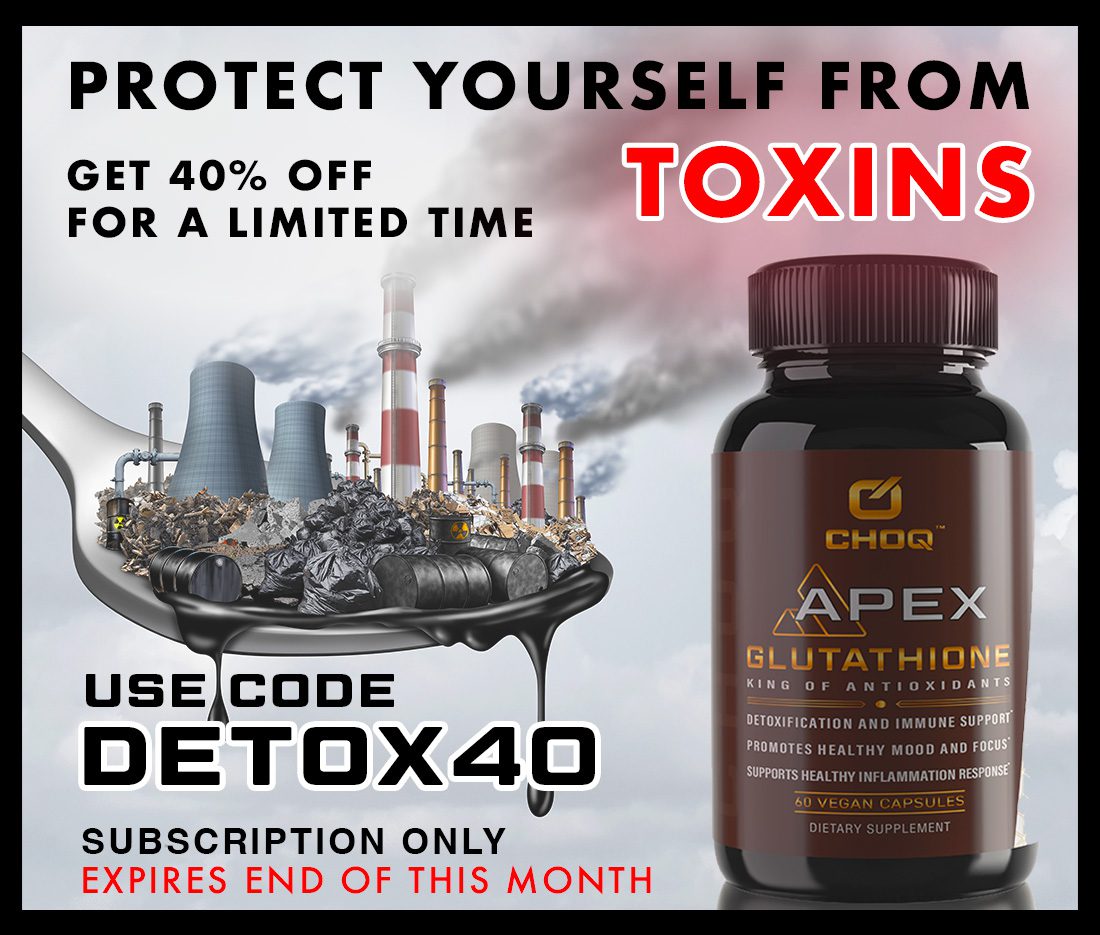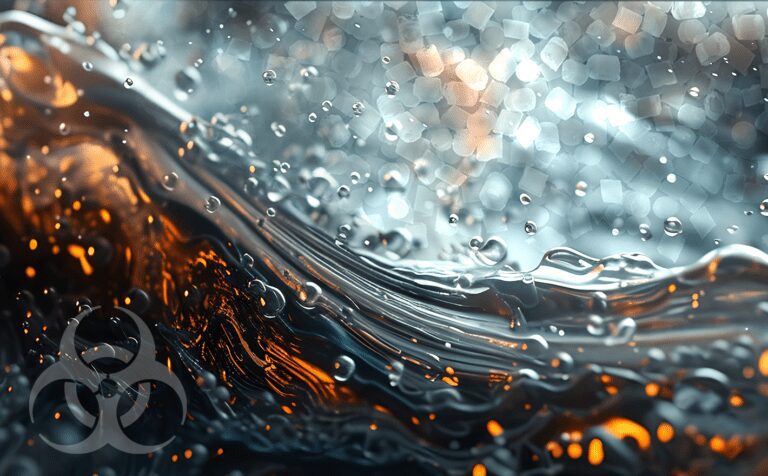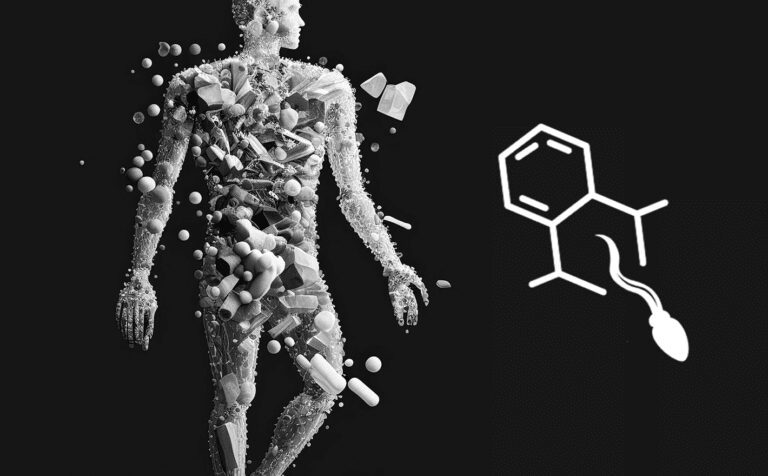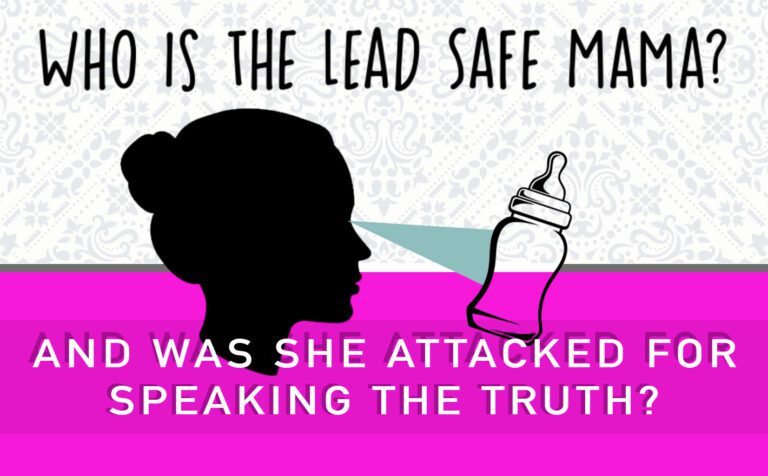The end of 2020 is nigh, and considering the popular sentiment that this year was perhaps a bit more dumpster-fire-esque than most of its predecessors, it seems a safe assumption that many Americans will be tormenting their livers even more thoroughly than is customary while ringing in the new year.
Toxins are ubiquitous in the modern world, and our livers face the Sisyphean task of maintaining hundreds of precise chemical functions while simultaneously neutralizing every poison that manages to find its way into us. Our livers desperately need our help, but most of us don’t even know where they’re located, let alone what they do for us and how to take care of them.
Life is meant to be enjoyed. There’s nothing wrong with having a few adult beverages here and there, but going hard comes with a price tag that may or may not be worth it. Alcohol is an extremely potent mind-altering substance, and its legality tends to obscure just how profoundly toxic it truly is.
Alcohol is a Hard Drug
Alcohol is a strange beast. Sometimes it can be a fun social lubricant and bring people together. Other times, upon waking up, you might feel the need to smudge yourself with a thousand sage bundles to protect yourself from whatever madness got into you the night before.
Admittedly, the concept of ‘hard drugs’ vs ‘soft drugs’ leaves a lot to be desired. Although these terms are still used in scientific publications, they’re anything but. There is no rigorously precise description of all the criteria that would make a drug fall into one of these categories per se.
Rather, these terms are used according to imperfect, largely subjective perceptions of the drugs in question, many of which are based on cultural attitudes and taboos, not pharmacological or epidemiological research. That being said, however, it’s still of some utility to call alcohol a ‘hard drug’ since it’s in common parlance.
If you were to ask the average person off the street to define the term ‘hard drug’, he or she might list some of the following properties:
- Highly addictive
- Very toxic to the body
- Can ruin your life
- Has the ability to drastically change your personality
- Can make you a danger to yourself and others
- Is illegal
Alcohol has all these properties except the last.
Because alcohol just so happens to be legal, many make the mistaken assumption that it’s a soft drug, that it’s objectively less harmful than other drugs, but this isn’t remotely the case.
In 2010, a panel of physicians and professors called the Independent Scientific Committee on Drugs (ICSD) rated the harmfulness of 20 different drugs on a scale of 1 to 100 according to 16 different criteria, 9 of which were related to the harm the drug does to the individual, and 7 of which were based on the harm done to others.
Here are the numbers the committee came up with for various common drugs:
- Alcohol – 72
- Heroin – 55
- Crack – 54
- Meth – 33
- Cocaine – 27
- Tobacco – 26
- Cannabis – 20
- MDMA – 9
- LSD – 7
- Mushrooms – 5
Although the committee did not make use of the term ‘hard drug’, it’s obvious where alcohol would be on the spectrum if they did. This isn’t to say of course that alcohol can’t be enjoyed responsibly.
The point here is to understand its tremendous power to alter our physiology and behavior. Just because something is legal, that doesn’t mean it’s safe.
That being said, you may be surprised to find out that alcohol itself is not particularly toxic. Rather, it’s the molecule that it transforms into once it’s entered your liver that causes so much damage.
Embalming Your Liver for Fun and Profit
After you consume alcohol, it’s first acted on by an enzyme called alcohol dehydrogenase and converted to a particularly nasty compound known as acetaldehyde. If you’re thinking, “that sounds a lot like formaldehyde, the poisonous embalming fluid,” you’re not far off as these chemicals are both in the same family.
In general, aldehydes tend to be highly toxic. Both acetaldehyde and its cousin formaldehyde are also powerful mutagens, meaning they can mutate your DNA and cause a host of other problems in the body.
In fact, formaldehyde is one of the many reasons that smoking can cause lung problems as it’s produced when certain tobacco additives like sugars and gums are burned (so drinking and smoking gets you a dose of both aldehydes at the same time). Interestingly, these compounds are also pervasive environmental toxins because they have a variety of industrial uses.
Formaldehyde-releasing compounds are even found in certain body care products like shampoos, lotions, and conditioners.
Studies have looked at acetaldehyde concentrations in people who drank the night before and found statistically significant correlations between the buildup of this compound and hangover severity.
Acetaldehyde is also a mitochondrial toxin, meaning that it interferes with your body’s ability to produce energy on a cellular level.
Long story short, this molecule is highly destructive, and you want it circulating in your body for the shortest amount of time possible. In order to do this, your body needs an enzyme called acetaldehyde dehydrogenase.
One reason that this enzyme is interesting is because variants in the genes that code for it have been associated with different degrees of susceptibility to alcoholism. Those who have poor alcohol clearance may be less likely to become alcoholics because the negative effects are more pronounced.
The medication Antabuse (disulfiram), which is used to treat alcoholism, works by inhibiting acetaldehyde dehydrogenase, thus making anyone who drinks while on it immediately sick, as acetaldehyde levels will soar to up to ten times normal.
But this enzyme is not enough to effectively neutralize acetaldehyde. Your body also needs copious amounts of an extremely powerful endogenous antioxidant called glutathione.
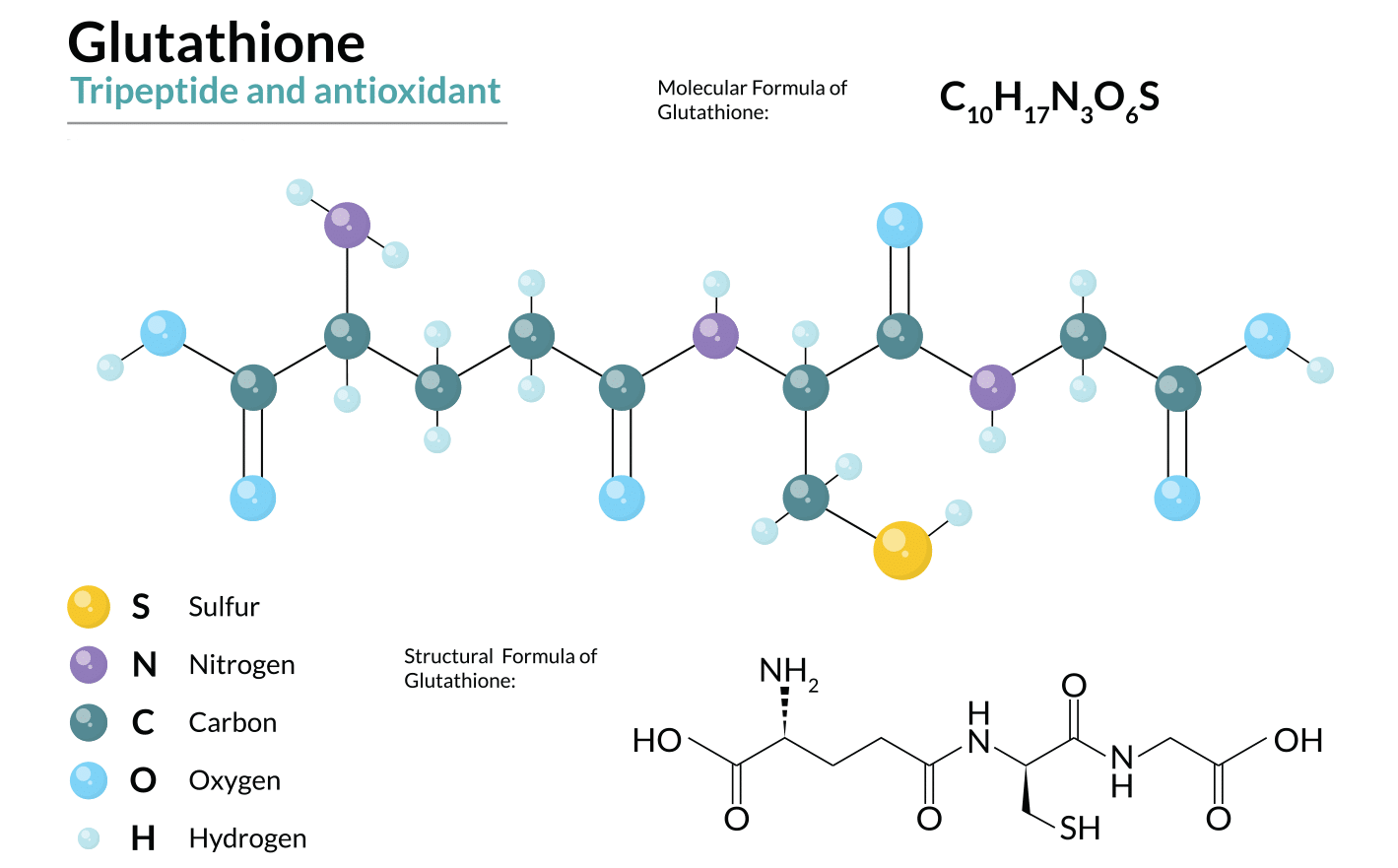
The Master Antioxidant
Glutathione is arguably the most critical antioxidant that your body makes, although that’s in some ways an absurd statement because there are many antioxidant molecules that—were they to cease being produced by your body entirely—you would die within a few hours.
Marketers love the term ‘antioxidant’ because it’s become such a huge buzzword, even though few people know what it means. Any kind of product that might have even a few milligrams of vitamin C or acai extract gets the word slapped front and center on the label.
The flippant use of this word by companies trying to sell cereal or protein powders notwithstanding, antioxidants are seriously important, and glutathione is called ‘the master antioxidant’ for good reason. It’s an extremely versatile molecule that does far more than simply neutralize free radicals.
Aside from detoxifying acetaldehyde and protecting against toxicity from alcohol, glutathione has a wide array of functions in the body:
- Regulates the immune system
- Supports healthy inflammation response
- Detoxifies chemicals
- Recycles vitamins C and E
- Supports mitochondrial function
- Removes heavy metals from the body
- Regulates fertility
It’s particularly interesting that hangovers get worse with age because so does the body’s ability to synthesize glutathione.
In fact, a toxicologist in South Korea named Young Chul Kim believes that lower glutathione levels are the main reason that older people suffer worse hangovers. In an NBC news article, Kim said:
“Many factors appear to be involved in worsening of hangover in old age. One is that the liver capacity to cope with the toxicity of acetaldehyde decreases as we get old. Our data indicated that, as age increases, glutathione generation capacity is decreased, so cells may not be recovered or repaired rapidly.”
Glutathione is also extremely important for the immune system. This is particularly relevant here because studies have correlated increased hangover severity with poorer immune function.
“OK, enough about the theory! Tell me what to do!” you might be thinking. That’s fair. After all, this article is called “How to Party Smart”, not “How to Talk Abstractly About Research on Alcohol Metabolism”.
Let’s talk solutions.
How to Supplement Glutathione and Enhance Your Body’s Natural Production
The simplest way to get more glutathione into your body is to take it as a supplement. That’s a great way to start. If you’re going to take glutathione, though, it’s important to know which forms to take:
- Avoid the form called ‘reduced glutathione’. On the back of the bottle, it will be labeled as ‘L-Glutathione’. This form is by far the least effective as it is more likely to be broken down into its constituent amino acids before it ever hits your cells.
- The form called ’S-Acetyl-Glutathione’ is excellent, as it remains intact in your digestive system and thus is still glutathione by the time it can enter your cells.
- Liposomal glutathione is also highly effective as it has extremely high bioavailability. The main two issues with this form are 1. the price, which tends to be extremely steep, and 2. the fact that liposomes are hard to make and are not always particularly heat stable, so be wary of buying it from just any random source on the Internet
There are a number of different nutrients and herbs that have the ability to stimulate the body’s ability to produce and use glutathione. For the best effects, you may want to have a few of these in your pre-game regimen as well (although you can take them the day after too):
- NAC – your body uses this molecule as a building block to increase glutathione production; this can be used as a cheaper alternative to glutathione, but you will need to use significantly more, as it’s less potent
- Vitamin C – helps to recycle glutathione, ensuring that you get the most out of each molecule your body produces
- Alpha Lipoic Acid – also recycles glutathione and is excellent for mitochondrial and blood sugar health
- Magnesium – crucial mineral that many people are deficient in; needed for glutathione synthesis and is also depleted by alcohol use
- B Complex – Various B vitamins—including B2, B6, Folate, and B12—are all needed by the body’s glutathione system and can be depleted by regular alcohol use; make sure to find a quality B complex that uses bioidentical B vitamins like methylfolate and methylcobalamin (NOT folic acid or cyanocobalamin as these are synthetic and far less effective)
- Jiaogulan – also known as Gynostemma pentaphyllum, this Asian adaptogen works to enhance multiple antioxidant pathways in the body, including glutathione; it’s also excellent to support healthy focus and mitochondrial function
- Milk Thistle – one of the most famous herbs for protection of the liver, one of its active compounds is silymarin, which has been demonstrated to increase glutathione synthesis in the body
- Rhodiola – an excellent glutathione-boosting adaptogenic herb that promotes lung health, mood, focus, and endurance
There’s no need to take all of these, but now you’re equipped with some options and a great jumping-off point to do additional research.
Supplements Are Great, But So Is Common Sense
Supplements can make a massive difference in your life. Anything that comes in a pill and boosts glutathione is probably a good idea to look into whether you drink or not because of the toxicity of the environment we live in.
That being said, partying smart isn’t always about taking supplements. Perhaps just having a reminder of how incredibly toxic alcohol is might be enough to slow you down a bit next time you drink and save your future self from ruination.
Here are a few other suggestions for how to protect yourself and minimize harm from alcohol use:
- Consider drinking purer alcohols that don’t include gluten, sulfites, pesticides, or large amounts of sugar. This means avoiding beer, overly sweet mixed drinks, and only drinking organic, sulfate-free wine.
- Get used to having safety rounds. In other words, try to drink a small glass of water in between each alcoholic beverage. This will help to counteract the dehydration from the alcohol but also slow down your overall consumption.
- Monitor your motor coordination and take a one-hour break if you find that you’re a bit wobbly. When alcohol has begun to affect your motor skills, then you’ve reached a point at which your body is asking you to slow down.
- Consider taking activated charcoal at the end of the evening. This will absorb some of the alcohol still remaining in your digestive system.
Everything in moderation, including moderation, right? There are some times when what’s bad for the body is good for the soul. We all deserve some playtime as a reward for surviving 2020.
I hope you have a great time the next time you decide to indulge! I really do. Armed with the information in this article, you can go about it in a slightly more intelligent way.
Your liver loves you, and if you love it back, you’ll be able to play harder in the long run anyway, so even if you’re a pure hedonist, it’s a good idea to protect yourself with the right supplements and the right amount of respect for this incredibly powerful drug.

